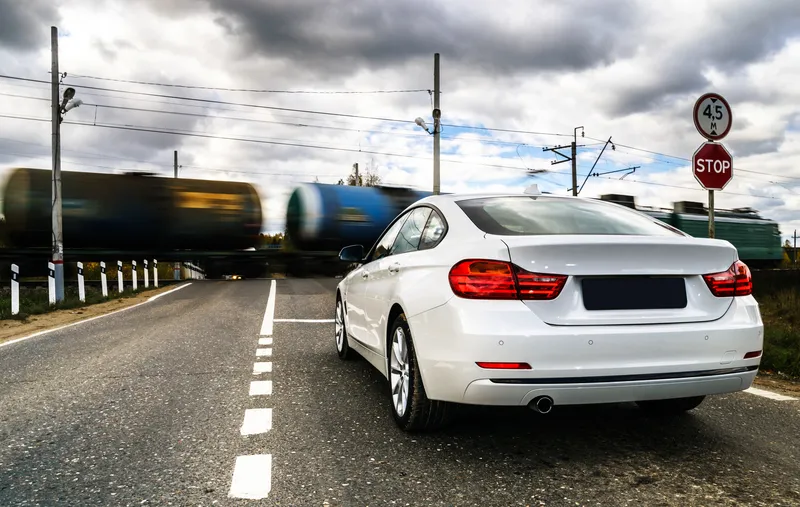Stagecoach will trial a single-decker autonomous bus at an unnamed depot in the UK by the end of the year. The vehicle’s sensor system could also help bus drivers operating the vehicle manually to detect cyclists and pedestrians in blind spots.
The project is part of an agreement with bus manufacturer Alexander Dennis (ADL) and technology company Fusion Processing.
Called ADL Enviro200, the bus will park and move into the fuelling station and bus wash at the depot in autonomous mode.
July 26, 2018
Read time: 1 min
The project is part of an agreement with bus manufacturer Alexander Dennis (ADL) and technology company
Called ADL Enviro200, the bus will park and move into the fuelling station and bus wash at the depot in autonomous mode.
Fusion Processing will install its CAVstar system on the bus. The solution uses multiple sensor types, including radar, laser, camera and ultra sound, along with satellite navigation to help the vehicle detect and avoid objects in all weather conditions.
The bus will be developed at ADL’s site in Guildford.










